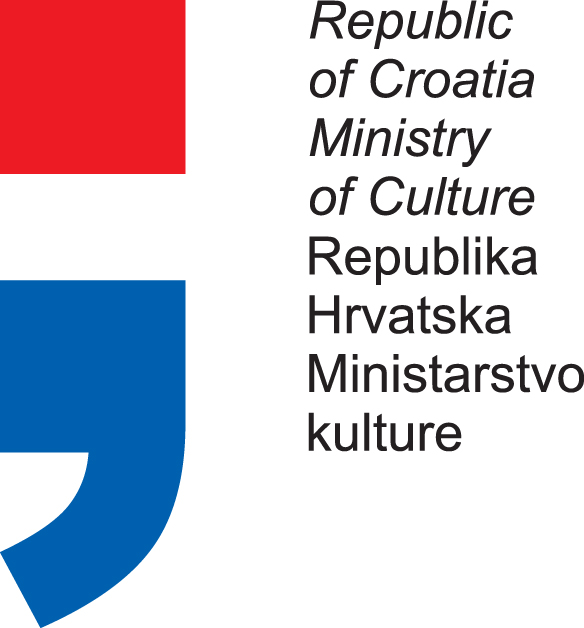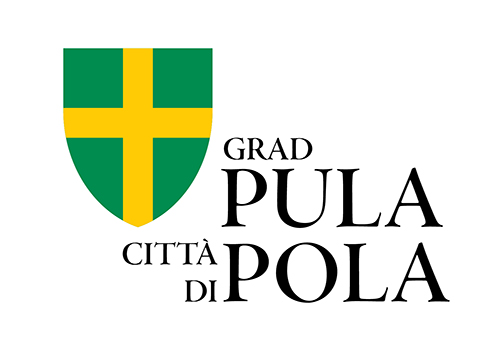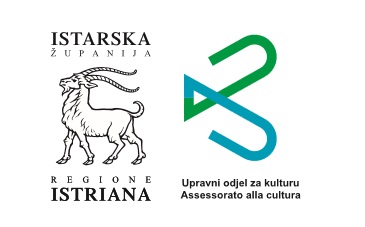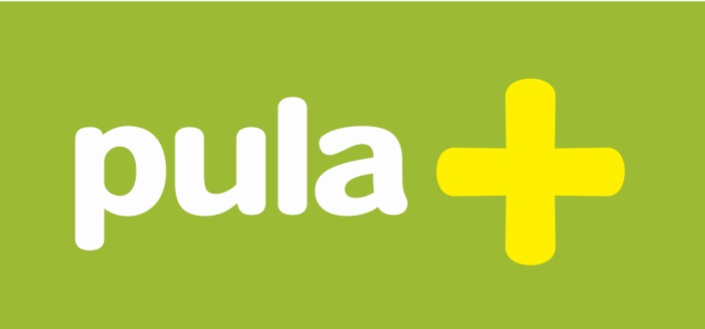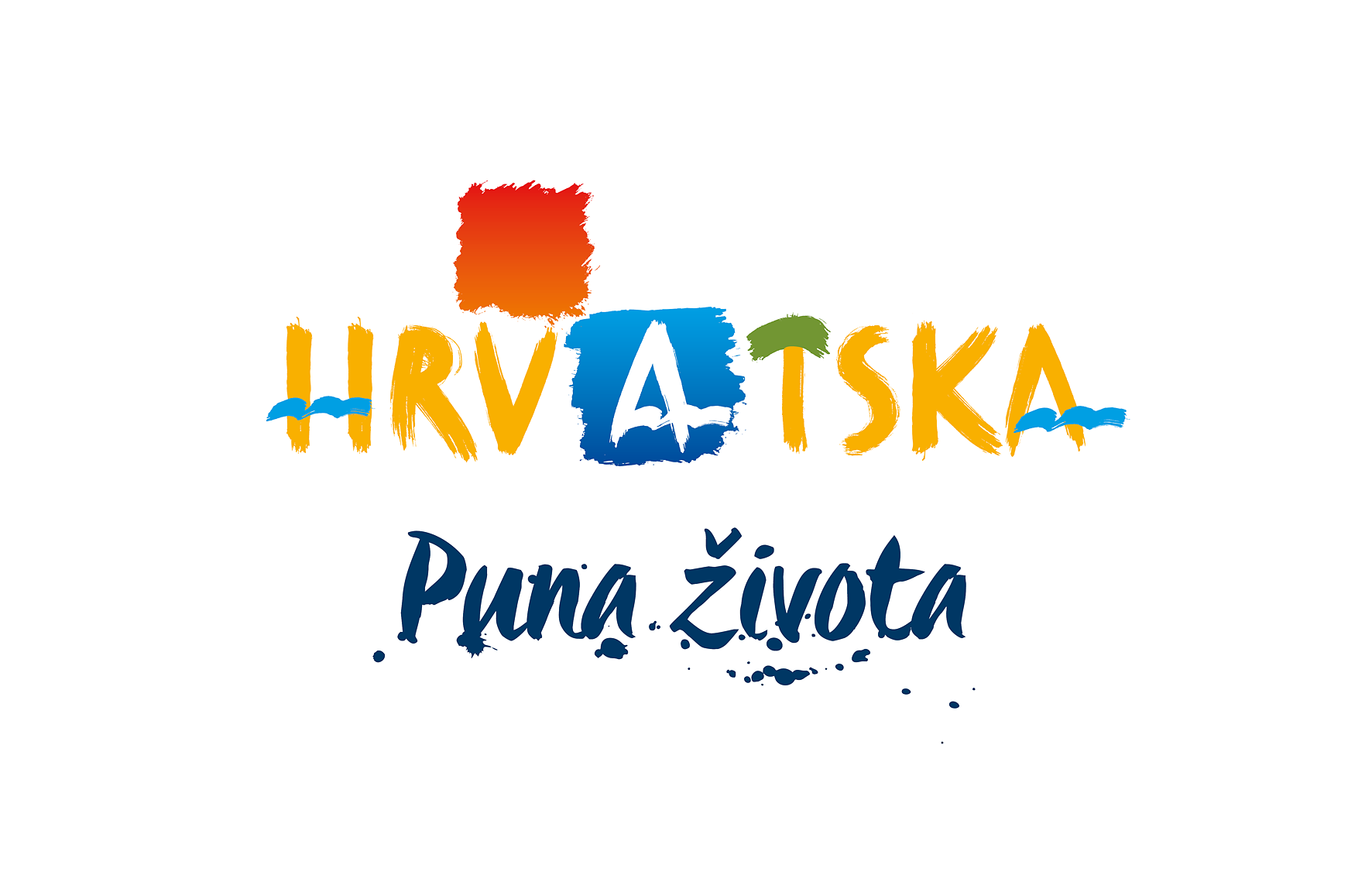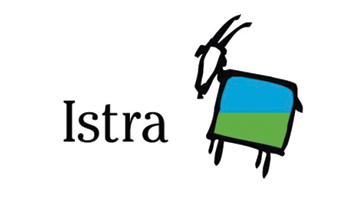In films, he responded to nicknames Mali, Mališa, Bambino and others. He was both the protagonist and the antagonist, the ‘red’ and the ‘black’. Still, of all film names and films he starred in during his early days, Igor Galo possibly best suits the one in Wild Angels, conceived for his generation of outcasts by Fadil Hadžić in his crime film from 1969. The oxymoron potential of the young actor was first noticed by one of the greatest, Krešo Golik, when he persuaded the young freshman from Pula and former theatre enthusiast to leave his studies at the Faculty of Forestry and gave him his first role in 1968, in the legendary comedy I Have Two Mothers and Two Fathers. Other than with two petty bourgeoisie couples whose passion has worn out and two to three childish (half) brothers and sisters, the mischievous Zoran has mostly talked to his unrestrained teenage libido, while his entirely relaxed interpreter took the stage, surrounded by established film stars and male role models: Relja Bašić and Fabijan Šovagović. He stayed on that stage for an entire half of a century, playing several dozen roles on film.
It was already in his next film that the young actor with a pretty face and an urban look was taken in by another renowned acting pair: Boris Dvornik and Bata Živojinović, in the foray into The Bridge by Hajrudin Krvavac (1969). From that time, especially following the extraordinary foreign success of The Bridge (and Battle of Neretva, 1969), there were a lot of Partisan or war films, and the recognised adventurer, often with ideals, but sometimes without them, jumped from one action film to another, across the former federation, until the end of 1970. His run continues with Balada o svirepom by R. L. Đukić (1971), the timeless hit by Krvavac, Walter Defends Sarajevo (D. Vukotić, 1977), Devil’s Island (V. Tadej, 1979), and others. Acting naturally, speaking in a relaxed way, investing his youthful charm and a great deal of physical energy into each role, Galo managed to get into attractive international productions; among other roles in foreign films, which extend to the new millennium, he also had the opportunity, with vibrancy and without an accent, to match James Colburn in dialogue in the film Cross of Iron (1977) by the renowned Sam Peckinpah.
Igor Galo has had the opportunity to act in films by Croatian directorial classics - from Golik and Vukotić, to Mimica and Prpić, but also to give excellent performances in some more marginal films, for example, in his role of Italian supporter in Arhanić’s Afternoon of a Pheasant from 1985. But Igor Galo has earned himself another part of Yugoslavian film history, one immune to ideology and norm, in which, in the late 1960 and early 1970s, the conventions of some other, non-proscribed genres were being discovered, where ideological and moral taboos were being overturned, when sexual and every other type of freedom was being enjoyed. What seems to be mere youthful folly in Hadžić’s Wild Angels and Arhanić’s Afternoon of a Pheasant (1972), escalated in all directions in Boštjan Hladni’s Masquerade (1971), one of the most controversial Yugoslavian films of the Black Wave. Igor Galo is remembered as the main actor of that rowdy provocation, and that in itself is already a good - but not the only - reason why he shouldn’t be sorry that, half a century ago, in his own words, he “went down the acting path”.
Igor Galo: Half a film century of the Istrian bambino
- Details


